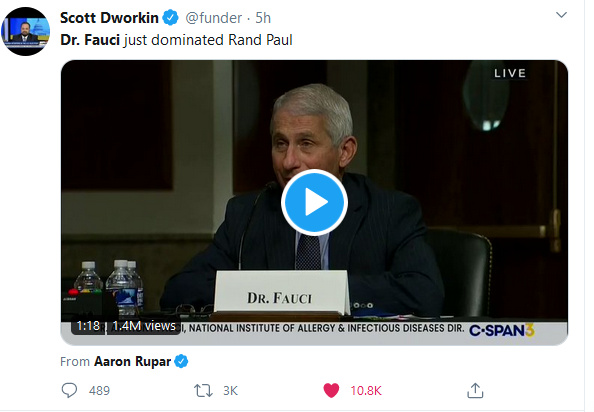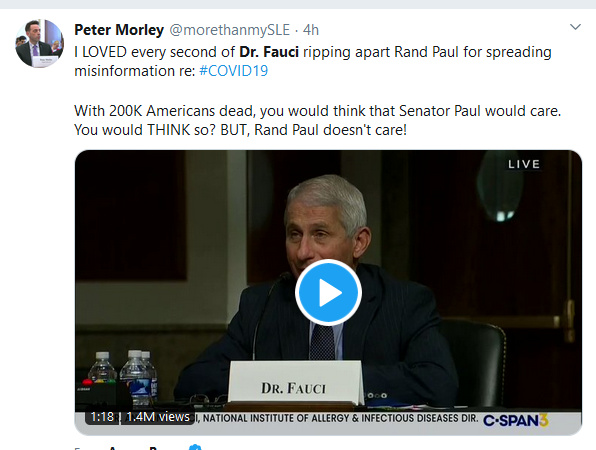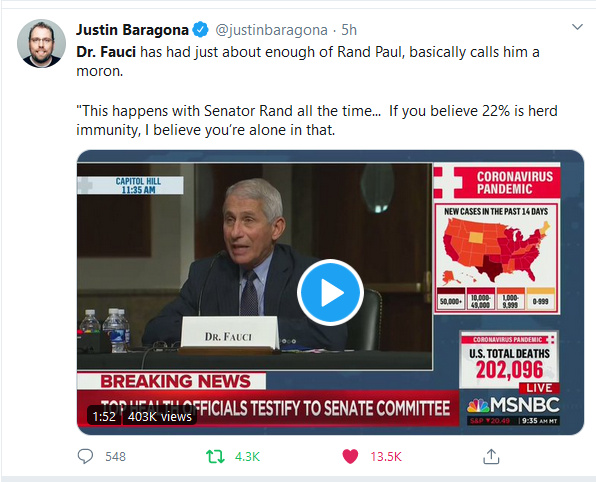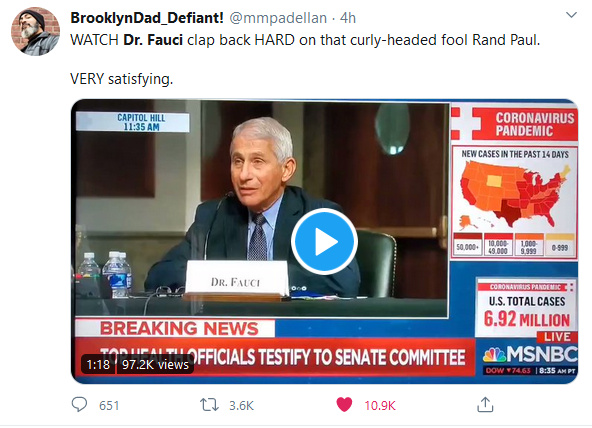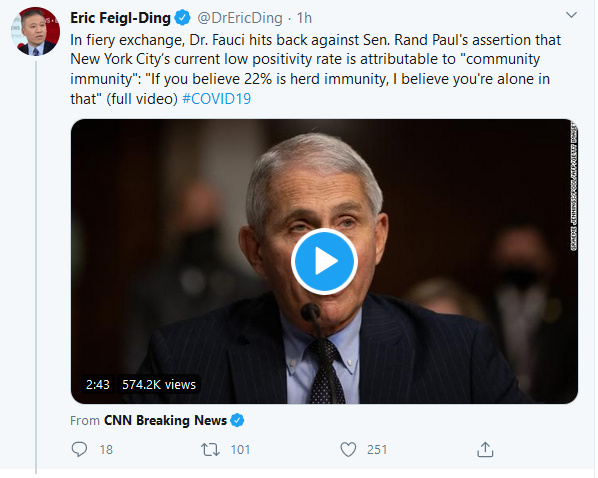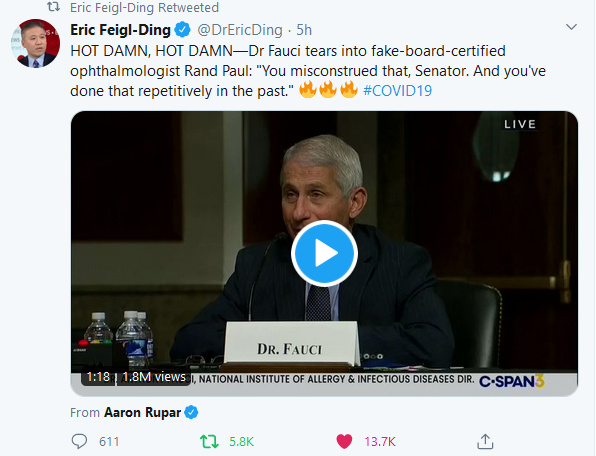Having wrested hard-won independence from a monarch, the founders of our nation sought to form a new union where executive power was constrained by other branches of government. They did so knowing that men are not angels, and believing that through a system of checks and balances that set “ambition against ambition,” a fledgling democracy could survive, even thrive.
When Donald Trump was inaugurated in 2017, I was confident that our Constitution and democratic institutions, which had survived the Civil War, terrorist attacks, economic crises and more, could withstand an unscrupulous president. What I did not foresee was the awful degree to which the party of the president would surrender its institutional responsibilities in order to protect its hold on power — and the extent to which this abdication would leave such a president unconstrained.
As we survey the wreckage of the past 3½ years, it’s apparent that the foundation of our democracy has been shaken. Trump has sought to turn the instruments of government to his personal and political advantage, and to an astonishing degree, he has been successful.
He has extorted a foreign partner for dirt on his political opponent, a scheme for which he was impeached. He has interfered in prosecutions of his closest friends and allies, and abused the pardon and commutation powers to help political friends. He has painted the press as the “enemy of the people,” violated the Hatch Act, usurped Congress’ power of the purse to build a wallCongress did not fund, and retaliated against whistleblowers and inspectors general who exposed his wrongdoing and that of others.
Instead of being constrained by norms, Trump has acted as a stress test for our system of checks and balances, probing for where his powers are greatest and accountability is weakest.
Trump is not the first president to seek to accumulate power and punish his enemies. When the crimes of Richard Nixon came to light after Watergate, Congress went to work to prevent such abuses from happening again. In what became known as the post-Watergate reforms, Congress created new checks and balances, including campaign finance reform, disclosure and transparency requirements for public servants, and privacy protections. Congress also established new oversight mechanisms, including the intelligence committees.
At every turn, we have fought Trump’s abuses in the House, in the courts, and in an impeachment trial in the U.S. Senate. And today, we are taking the next step by introducing the first major democracy reform package since Watergate, the Protecting Our Democracy Act. Dozens of members and committees have contributed to this package and its proposals.
These reforms are just the beginning, not the end, of our work to protect and strengthen the guardrails of our democracy, against Trump and future presidents from either party who seek to abuse their power. Our reforms are built on three pillars and they are built to last.
First, we must prevent abuses of presidential power. The president is granted immense authority under the Constitution, but it’s not without limit or accountability. Our reforms would prevent the abuse of the pardon power, as Trump has done when he gave or dangled pardons to his cronies, and make clear that corrupt pardons can be prosecuted as bribery. It would also create a mechanism to enforce the constitutional prohibition on emoluments, which Trump has blatantly disregarded to enrich himself and his family.
Second, we must restore our system of checks and balances, the bedrock of our constitutional system, and ensure accountability and transparency. Our reforms would address a president’s efforts to run out the clock on oversight by providing for expedited enforcement of congressional subpoenas and fines for officials who refuse to cooperate. It would reassert the power of the purse, Congress’ authority over spending, and prevent the abuse of presidential emergency powers.
Finally, we need to protect our elections from foreign interference, because Americans must decide American elections. Our reforms would require political campaigns to report to the FBI suspicious foreign contacts or offers of assistance, and clarify that dirt on an opponent is a “thing of value” that campaigns are prohibited from soliciting or receiving from foreign powers.
These reforms may not be signed into law under this president, but I am confident that they will become law under a future administration, and will soon become enshrined into our understanding of American democracy, just as the post-Watergate reforms did.
Earlier this year, as the House debated impeachment, Speaker Nancy Pelosi quoted Benjamin Franklin. Asked upon exiting the Constitutional Convention what form of government the fledgling United States would have, Franklin said, “A republic, if you can keep it.”
Trump has posed exactly the kind of existential threat to our democracy that our founders feared. But we are not powerless to protect our country going forward. With these reforms, we can keep our republic. Our Constitution and our democracy are our sacred heritage. We will not allow them to be degraded or destroyed, by Donald Trump or anyone else.
Adam B. Schiff is the chairman of the House Permanent Select Committee on Intelligence and represents California’s 28th Congressional District.

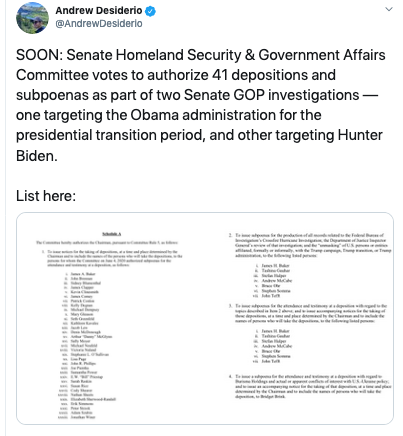
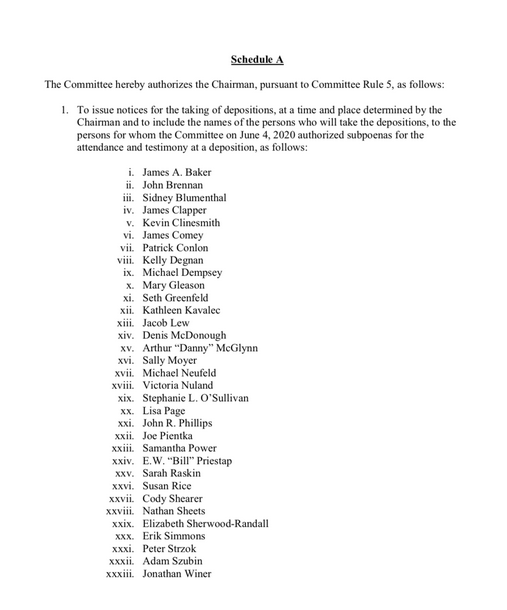
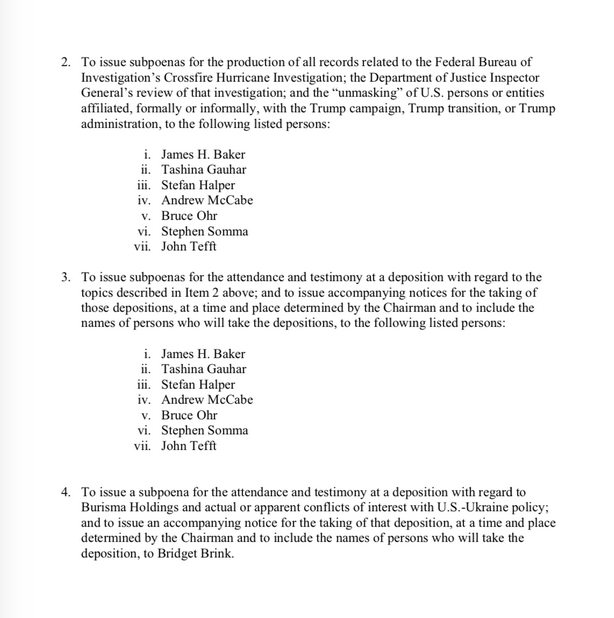
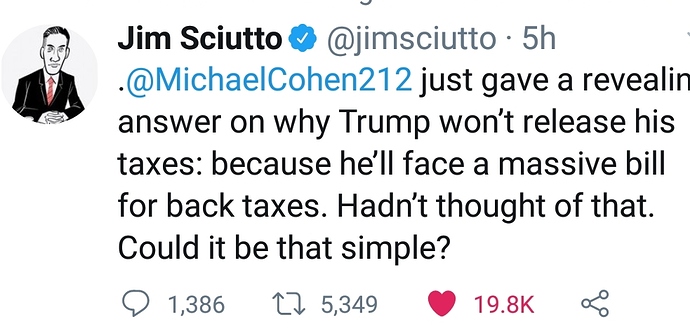

 This is a very low quality report.
This is a very low quality report.
